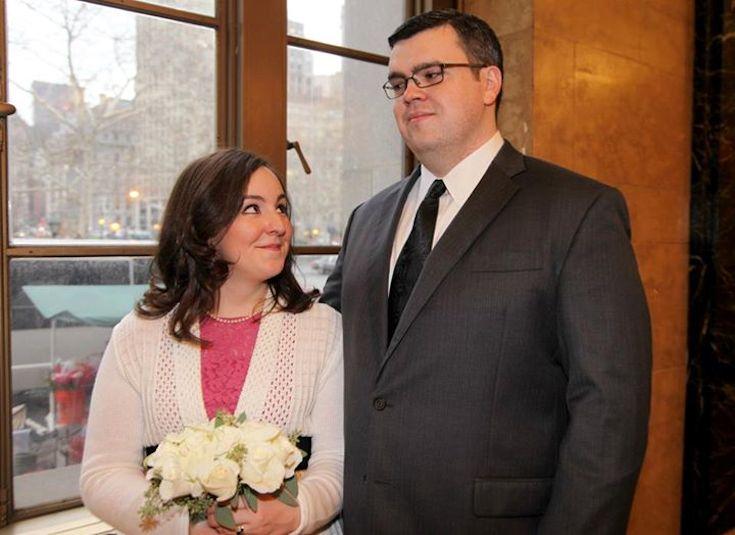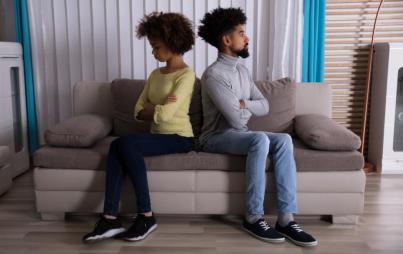
Read more stories from Ravishly's special Conversation series on marriage here. Have your own perspective to add? Email ravishly@ravishly.com.
Unfortunately, I participated in the cultural phenomenon now known as the “starter marriage,” having tied the knot with my college boyfriend in my early 20s. This marriage lasted only a year. My flakiness caused it to end quickly, but the mismatch between us was irreconcilable anyway.
I’d be hard-pressed to say that I regret my first marriage, in any meaningful sense. (I have nothing but good things to say about my ex-husband as an individual.) I made (what seemed to be) the best decision at the time, based on the information I had. I went on to spend several years living in Manhattan on my own, experimenting with my professional and personal lives. Now, I am happily remarried to a much better match.
But perhaps I could have had some better information earlier. Maybe someone could have explained to me that people are quite bad at “affective forecasting” (i.e., figuring out what will make them happy or sad). Since our happiness levels linger around a personal baseline, getting married (or divorced) is unlikely to change that level much over the long run.
Novelty wears off too, whether it’s the novelty of marriage or the novelty of dating. What can provide satisfaction once excitement has worn? What values, other than excitement, do your decisions offer? There are no universally correct answers to this, but think hard. If you think that getting to know a single person really well, investing in your shared life, and building history sounds great (if perhaps a little boring sometimes), you’re certainly not alone.
If not for excitement or societal and religious pressure, why do people marry today? The answer may be explained by a shift towards marriage for companionship and love, as opposed to marriage for resource-pooling. High-investment marriages are faring well and making people happy; it’s the less-privileged, more gender-rigid members of society who are struggling to keep up with the winners of the new marriage game, and the stakes are high.
You can have a contemporary marriage that largely follows traditional gender roles (I would say that mine does), but maybe you chose that special someone from a larger pool than your mid-19th century counterpart would have enjoyed, and you expect him (or her) to bring more to the table than the right genitals and upbringing.
Marriage for love is still an economic decision, but it's complicated. Entangling your wallets and credit scores alongside your hearts means that you, as a couple, have financial flexibility that no roommate (however generous in letting the rent be late) could offer. Maybe this means taking longer to find your next job, instead of frantically accepting the first thing that comes along. Maybe this means striving more, because someone depends on you. Plenty of reasonable decisions in our lives —going to college, choosing where to live — are shaped by economic considerations, and that doesn’t make those decisions tainted.
Like generations before them, millennials do want kids but are daunted by the prospect of making family life work in our modern economy. Happily, there’s a solution. Get an education, get a job, and find a mate (maybe closer to age 30 than age 20, to be sure). Say your vows, team up permanently, and get your head in the game. You two can do it, together.
Although it’s true that we make meaning for ourselves, its sources aren’t totally malleable. Does spending another 10 years going on mediocre first dates pass the “deathbed test” for you? How about decorating an apartment exactly your way, or eating all and only your favorite takeout? You don’t have to be a backwards prude to think that marriage has some serious advantages, if you can grow yourself up enough to accept them. I hope I have.






